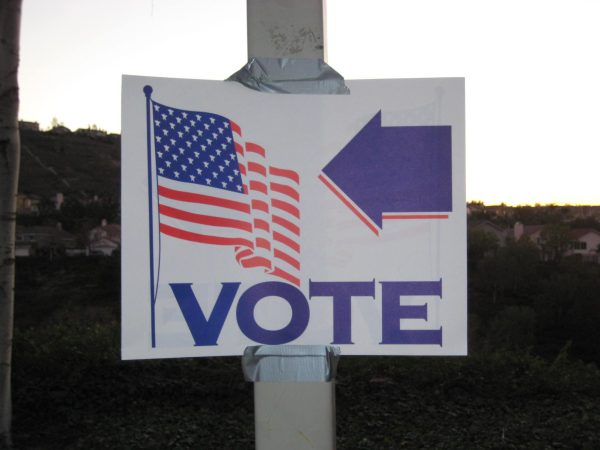UIS Administration Continues to “Drag Feet” on Faculty Contract
Flyer for Student Sign Up to support the UIS Faculty Negotiations. | Photo Credit: UIS United Faculty
As of April 15th, the UIS United Faculty Union is on its 25th bargaining session with the University’s negotiation team- which includes several administrators, such as the chancellor, the provost, the dean of the College of Business and Management, and the dean of Public Affairs and Administration. The union has been working without a contract and bargaining for a new contract since August of 2021. This now means that this process has been going on for eight long months for unionized faculty.
Working this long without a contract has been a frustrating experience for the unionized faculty. Even before this point, there has been a lack of regard for the faculty’s time and well-being. The faculty at this institution is responsible for not only their courses but the intricacies that surround them as well. Union president and associate professor Dr. Kristi Barnwell brings up independent studies and facilities as an example. The union demands proper compensation for the demands that are expected of them. “There are so many demands on our time that a lot of these teeny-tiny things start to take up a whole lot of our energy without…much motivation to do it.” This disregard for faculty well-being affects is bigger than just the faculty- it also affects students.
The UIS faculty is dedicated to giving students the best university experience possible, so it is for that reason that faculty members’ demands must be met. “Our students want faculty who are rested, who have the energy to come to class and be positive…who feel motivated to develop new course materials that are going to keep things interesting,” Dr. Barnwell points out. An institution must show that it cares about its students by also taking care of its employees.
So, why is this process taking so long? According to Dr. Barnwell, it is just a matter of the university’s team continuing to disregard the urgency of this situation. “The university’s team regularly comes unprepared or underprepared for our sessions,” Barnwell states. “We often find them moving with much haste to get things done, and not really providing us with clear information about where they want to compromise…it takes a long time because they make it take a long time.”
The move now is to establish with the university’s team a new and better contract for UIS faculty. A better contract looks like proper compensation for faculty, and proper recognition of the faculty’s time and workload. Currently, UIS faculty are still paid less than the average salary amongst public institutions in the state. “We’ve got…departments who are paid 24-25% less than similar departments at similar kinds of institutions,” Dr. Barnwell explains further.
The UIS United Faculty Union was fortunate to have a number of students show their support at the rally that took place on the UIS campus on Thursday, March 31. Several faculty members commented on how amazed they were at how involved the students are willing to be in this process. “It really means a lot to your professors that students came out to show support,” Dr. Barnwell says. “We’re really excited to be able to work with our students to fight for a fair contract…because ultimately when we have good working conditions, you have good learning conditions.” The union encourages students to keep updated on the progress of negotiations. Students can sign up to get updates from the WordPress blog through their email, or regularly check the blog themselves.
Although this has been a long road, there are still actions to consider before considering a strike. “A strike is the last effort to get a fair contract when all other options are not working,” explains Dr. Barnwell. The last strike in 2017 occurred after 20 months of negotiations– there is still time to get to this point. A strike is something that requires a lot of time, effort, and planning. It disrupts the learning of students, the progress of unionized faculty, and the university as a whole. “It is a lot of work,” Barnwell continues. “It’s exhausting. It is hard.” She recounts the last time the university went on strike: “I have some really good memories of working with my colleagues to fight for something together. But I was also very anxious about what was going to happen to my students, and what it meant that were missing class, and I knew my students were anxious about that…I don’t want to have to do that again.”
Despite the length of this process, everyone involved must keep themselves alert and aware of its progress. If things are to progress at all, the administrative team must show that they understand the urgency and weight of the situation. They must show that they respect and care about their employees. Dr. Barnwell says this in regard to what a better contract would look like for faculty: “The university needs to invest in us and recognize that what faculty do in the classroom is at the center of this mission and this institution.”












